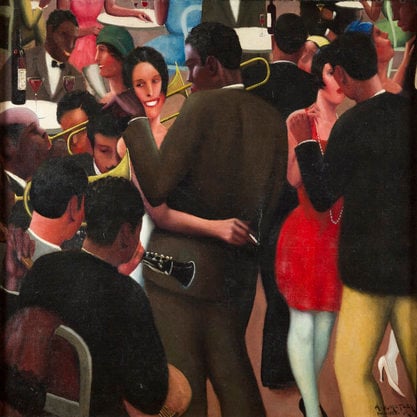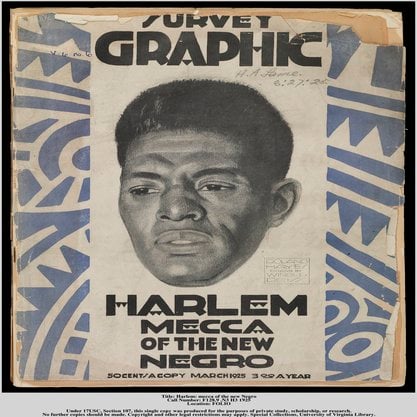Article
Schapiro, Meyer (1904–1996) By Persinger, Cynthia
Article
Art historian Meyer Schapiro was born in Šiauliai [Shavley], Lithuania, on September 23, 1904, but soon immigrated to the United States with his family in 1907. Schapiro grew up in the working-class, left wing, Jewish immigrant neighborhood of Brownsville, Brooklyn. He graduated from Columbia University with a Ph.D. in fine arts and archaeology in 1935 (having completed his dissertation in 1929). He spent his career at Columbia, though he also taught regularly at the New School for Social Research from 1936 until 1952. While trained as a medievalist, Schapiro was an early proponent of modern art, and over the course of his career he taught courses, lectured, and published on both fields. Through his lectures and publications, Schapiro’s ideas shaped several generations of artists and art historians. Though he published several books including those on Post-Impressionist artists Paul Cézanne (1950) and Vincent van Gogh (1952), his most respected ideas on both medieval and modern topics were published in articles. Schapiro is known for his innovative and interdisciplinary approaches to art history; he explored new art historical methodologies through the use of Marxism, psychoanalysis, and semiotics. He is also known for his essay “Style” (1953), a systematic consideration of past and current theories of style.




